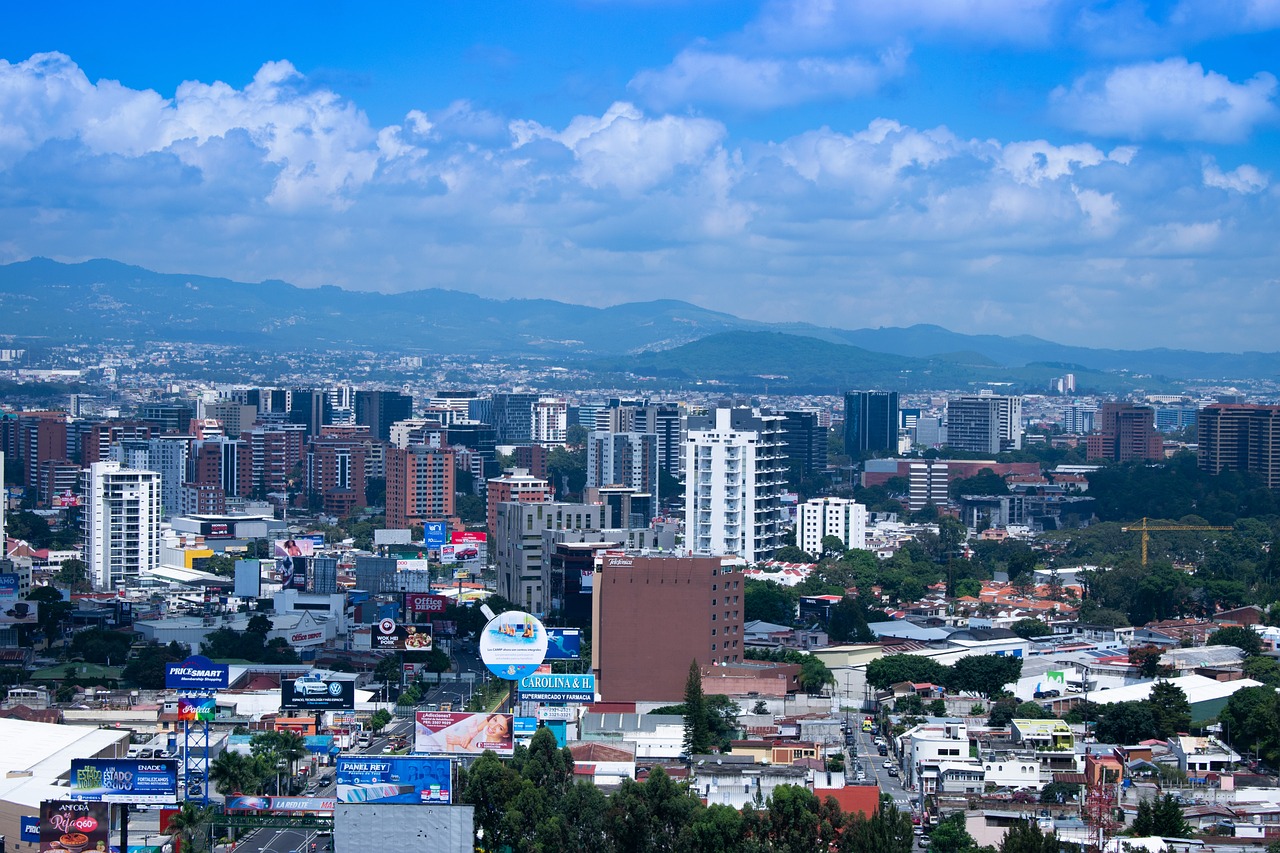The United Nations Special Rapporteur, Balakrishan Rajagopal, has urged the Guatemalan government to immediately suspend what he describes as “violent and inhumane” evictions occurring throughout the country. This call comes amid escalating concerns that these evictions contravene international law and adversely affect vulnerable communities, particularly Indigenous and rural populations.
Rajagopal highlighted alarming practices during these forced evictions, including the destruction of homes, crops, and personal belongings of impoverished families. He characterized these actions as “cruel and inhuman treatment,” asserting that they violate fundamental human rights. The Special Rapporteur noted that many of these evictions occur without proper legal processes, leaving families with no chance to present evidence of land ownership or to salvage their possessions.
Converging Crises in Guatemala
The situation in Guatemala is compounded by multiple crises, including rampant land dispossession, a deteriorating water supply, and significant threats to judicial independence. Rajagopal connected these ongoing violations to Guatemala’s complicated history of colonial land dispossession and the persistent lack of legal recognition for Indigenous land rights. He expressed deep concern over the implications of these issues, stating that they reflect a “disturbing pattern” of disregard for human dignity.
Despite some efforts by the Guatemalan government to address these challenges, Rajagopal emphasized the urgent need for coordinated actions involving various branches of government. “While good will has been demonstrated by the Executive, a collective effort is needed to tackle these enormous challenges,” he stated. He advocated for the full participation and consultation of Indigenous Peoples and affected communities in any potential solutions.
Humanitarian Crisis and Water Access
The humanitarian situation in Guatemala continues to deteriorate. According to a recent report by Human Rights Watch, severe disparities in access to clean water are particularly pronounced among Indigenous populations. The organization revealed that nearly half of the population lacks reliable access to clean water, despite Guatemala possessing more freshwater per capita than the global average.
This water crisis is exacerbated by the political interference described by UN Special Rapporteur Margaret Satterthwaite, who noted a troubling trend undermining the independence of Guatemala’s judiciary. The combination of these issues not only violates basic human rights but also perpetuates cycles of poverty and inequality in the country.
As the international community observes these developments, the call for immediate action becomes increasingly urgent. The situation in Guatemala serves as a critical reminder of the need for comprehensive legal protections for marginalized communities and the essential role of international oversight in safeguarding human rights.







































































